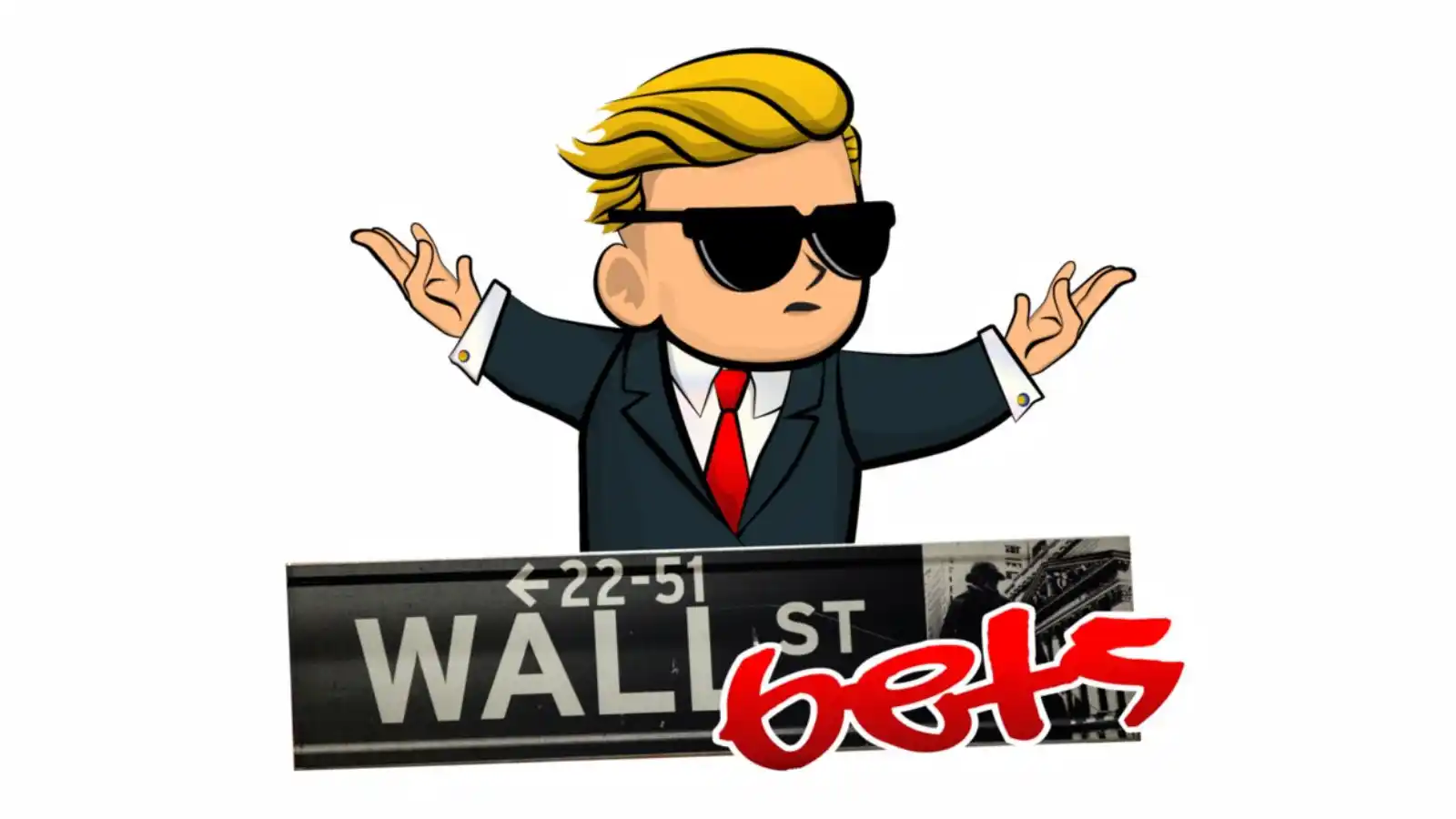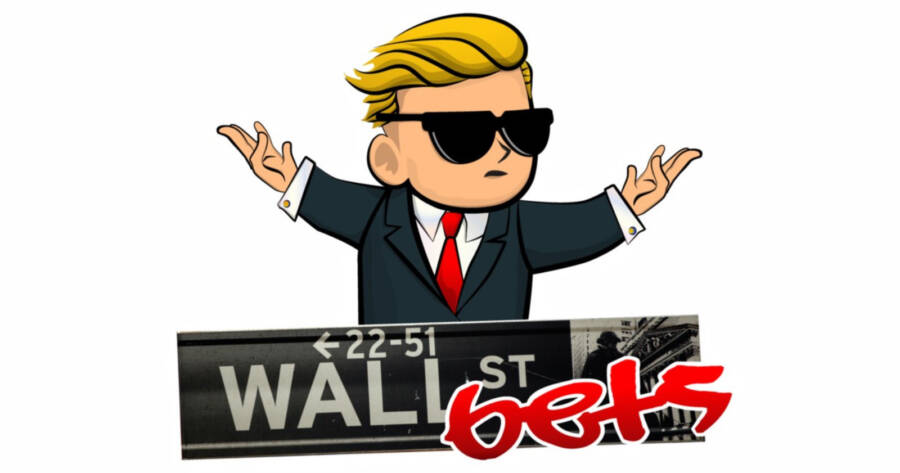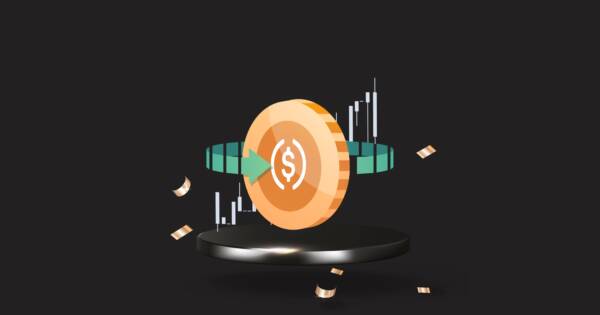You’ve almost certainly noticed the skyrocketing mentions of GameStop stock prices recently. It was a relatively inexpensive stock just months ago, before shooting up over 100x in value. It took Wall Street experts by complete surprise. Some savvy traders on WallStreetBets — a Reddit community for stock market enthusiasts — made millions, while big name hedge funds lost big. Even after it seemed like the excitement had all died down, GameStop stock ($GME) jumped up again in late February and early March. It went from about $45 a share back up to $200+, for no obvious reason.
The GameStop story has caught the interest of almost everyone. There are multiple movies already in the works. Millions of average citizens downloaded stock trading apps to see if they could cash in on the craze. Even Keith Gill, the Redditor with a vulgar username who started the whole GameStop phenomenon, was dragged before Congress to testify about the possibility of insider trading. In just a few short weeks, it’s been an unprecedented wild ride.
So what happened? Who made it happen? And just what the hell are “stonks” and “diamond hands?” We have the answers.
WallStreetBets
Anyone who’s spent time on Reddit knows it can be a weird place. There’s a Reddit community (subreddit) for almost every interest. If you love baseball, you probably subscribe to r/baseball. If you love running, there’s a subreddit for that too. And for Marvel movies or Star Wars fans or bird watchers or sculptors or gardening enthusiasts. For novice day traders, the subreddit r/WallStreetBets was formed in 2012. It was a place where (mostly) inexperienced stock traders traded stories of wins and losses, as they attempted to eke out some profit by picking winning stocks.
However, it also had an edge to it. There was no professionalism here. Users regularly upvoted “Loss Porn” — screenshots showing major financial losses. They referred to each other (and themselves) as “retards” or “autistic” — not as insults, but terms of endearment. They would happily YOLO their life savings into a risky investment, content to either win big or end up homeless. It was a strange place, to say the least. But buried amongst the memes and rocket ship emojis was some genuinely good stock advice. You just had to know where to look. Or more accurately, how to separate it from all the other garbage posted there.
Who is Keith Gill?
Also known as Roaring Kitty on YouTube and DeepF**kingValue on Reddit, Keith Gill is a financial analyst and investor known for his posts on WallStreetBets (WSB). He originally posted about GameStop stock in September 2019, investing over $50,000 and arguing that the stock was undervalued. It was roughly $5 per share when Gill started investing. His investments would eventually turn him into a millionaire — and an internet celebrity.
Gill isn’t just a lucky day trader, though. He graduated from Stonehill College and became a licensed security broker. He has previously worked for LexShares and MassMutual, both in the financial and/or legal industries. So he does know what he’s doing, for the most part.
The GameStop Story
There’s an excellent, detailed summary of the GameStop ordeal right here. But let’s go ahead with a shorter, simpler explanation. To start, you have to understand what it means to “short” a stock. If you’ve never seen the award-winning 2015 film The Big Short, about the 2008 crash of the housing market, it’s a good place to start.
In non-complicated terms, to “short a stock” is to merely borrow the stock from someone else with a promise to give it back eventually. In the meantime, you sell the stock (that you are only borrowing) because you feel strongly that it will lose value. Here’s a basic example:
- You borrow 1000 shares of $GME.
- You sell those shares for $10 per share, the current value of the stock. Now you have $10,000 cash.
- The price of $GME drops to $3 per share, as you expected. You buy back the 100 shares, spending $3000.
- You return the 1000 shares you borrowed, leaving you with $7,000 profit (minus a small fee for borrowing the shares in the first place).
The fact that the stock dropped in value is irrelevant. You returned exactly what you borrowed — 1000 shares.
The Short Squeeze
Let’s add another layer, to make things really complicated. When a certain stock is shorted by large amounts, a situation called a “short squeeze” can happen. If almost all of the stock for a certain company has been shorted (or more than 100% of it, as in $GME’s case), it creates a shortage. Then the law of supply and demand kicked in.
With $GME, retail buyers from WSB realized it was being massively shorted. So they bought all they could. They liquated other assets and bought and bought and bought. The hedge funds who had been shorting $GME, primarily Melvin Capital, had no choice but to buy those shares back to return what they had borrowed. However, instead of the price dropping as they anticipated, the value of $GMA actually rose to roughly $400. In the end, Melvin (and others) lost billions of dollars when they were short squeezed. It’s not even a new thing, as the same thing happened to Volkswagen stock in 2008.
Stonks and Diamond Hands
Even browsing WallStreetBets for a few minutes can make it seem like the users there speak a whole different language. Here’s a short glossary of terms that you’ll probably come across, and what they mean is regular English.
Stonks
Stonks is just a mocking term for the word “Stocks.” It’s often accompanied by this image, which is an ironic joke about the stock market being unpredictable. It’s sometimes used when a trader makes money via luck (as opposed to skill or actual market knowledge). On the other hand, it’s also used to poke fun at traders who lose money due to same factors — sometimes dubbed “Not Stonks.”
Diamond Hands
In order for the GameStop short squeeze to work, the WSB gang needs to continue holding into their shares. According to their theories, the longer they hold (and the more they buy), the higher the price of the stock will rise. This is due to major hedge funds still holding their own short positions, which they are trying to delay paying back. Having diamond hands means refusing to sell the stock, even as the price fluctuates wildly. You know, because your hands are “hard” like diamonds.
Paper Hands
Paper hands are literally the opposite of diamond hands. A trader with paper hands sells off their $GME stock at the first sign of trouble. In WSB terms, a person with paper hands is weak-willed (even if they sold for a profit).
Tendies
This refers to chicken tenders. Yes, the food. However, in WSB terms it equates to realized gains from selling a stock for profit. Here’s an example how you might see it used: “I’m gonna take my $AMC tendies and use it to buy a new Tesla!”
YOLO
This is an acronym for You Only Live Once. It’s often used when someone is making a very risky trade. For example, taking all of your life savings and investing them into a single, risky stock would be called “YOLOing into $GME for $25,000!”
BTFD
Another acronym, this one stands for “buy the f**king dip.” It means buying even more of a particular stock whenever the price dips down, with the hope that it will rise again soon. It’s also a popular phrase among those who invest in cryptocurrencies, although that’s a whole separate conversation.
To The Moon aka Rocket Ship Emojis
When WSB users talk about a stock rising, they often use the phrase “TO THE MOON!” accompanied by multiple rocket ship emojis. This one is a bit obvious, but it refers to the price of a stock rising dramatically. When it does, the value graph can look like the trajectory of a rocket ship blasting off into space.
$BECKY
Sometimes referred to the as the Becky ETF or Becky Portfolio, it’s a collection of stock picks that are associated with goods and services that are popular with college-aged white girls. Some notable companies included in the $BECKY investments are Etsy, Lululemon, Ulta Beauty, and Starbucks.
JPOW
This refers to the 16th and Current Chair of the Federal Reserve, Jerome Hayden “Jay” Powell. As Chairman, Powell has considerable influence over the stock market and American economy in general. He’s also sometimes the face of the “Money Printer Go Brrrr” meme, which depicts the Federal Reserve injecting trillions into the economy after the COVID-19 pandemic hit.
Pump and Dump
This isn’t a term exclusive to WSB. It’s existed for years in investing circles, referring to an organized plan to buy up all available stock of a certain company (pump it) to drive up the price. Then, when the price has peaked, you sell it off for profit (dump it). Unfortunately, there are a plethora of stock scams that use the “pump and dump” method, convincing gullible investors to sink their money into a particular stock, only for it to become worthless once the whales have cashed out.
SmallStreetBets
If you spend an hour or two reading WSB, you could get discouraged seeing screenshots of users posting six-figure gains (or losses). If you’re just getting started, trying to invest only a few hundred or couple thousand dollars, you may think WSB isn’t the place for you. Luckily, there’s /r/SmallStreetBets. It has the same focus on memes and humor, except the trades and amounts showcased are more geared towards the average blue collar investor.
Alternatives to WSB
Reddit actually has multiple subreddits for those interesting in stock market investing. If you’re not fan of the meme-laden atmosphere of WSB, consider one of the less crazy Reddit alternatives. There is r/Stocks, r/PennyStocks, r/Options, r/StockMarket, r/Investing, or r/Forex. There are also multiple subreddits about various cryptocurrencies, including the recently re-popularized DogeCoin.
Of course, you don’t have to rely on internet weirdos for investing advice. There are plenty of more traditional methods of investing in the stock market. You can find a local stock broker via a quick internet search. You can also use one of the many stock trading apps that have shot up in popularity in recent years. And if picking individual stocks is something that intimidates or confuses you, go ahead and stick your money in mutual funds.
Can You Actually Use WSB to Invest Though?
Here’s the stone cold truth: no one can accurately predict the stock market. Not the hedge funds, not the major banks, and not a bunch of Reddit users. The best anyone can do is make informed, educated guesses based on incomplete knowledge of what the future will bring. In that sense, there’s no guarantee that spending your days on WSB and a stock trading app will make you money. In fact, almost every single “advice” post includes some sort of disclaimer from the user that reminds readers they are not a licensed financial professional, their words are not meant as investment advice, and to only ever invest money you can afford to lose.
On the other hand, there are some genuinely smart people on WSB. When you wade through their sophomoric, frat boy language, there is some interesting stock market analysis buried inside it. If you’re curious to join the party, here’s what we recommend. First, spend a few weeks merely reading the top WSB posts every day. After that, set aside a small amount of money to begin trading. Make sure it’s an amount you’re comfortable losing entirely, in case the worse happens. Hopefully, your small start can turn into something a bit bigger. Don’t worry about being late to the party either — 51% of all new investors in 2020 were millennials, currently between the ages of 25 and 39.
The Bottom Line
As with any investing, try not to get greedy. If you buy the “next GameStop” and sell it for a 30% profit, don’t get depressed if it happens to shoot up another 50% in the following days. Any profit is still profit, so don’t beat yourself up over “missed gains.” After all, plenty of people bought $GME at $300 or more, thinking it was going TO THE MOON! A week later, it was trading at $40 again. In a lot of ways, day trading is not much different than making calculated plays at a casino. You can win, sure. But it’s also pretty easy to lose.
 Reddit
Reddit







